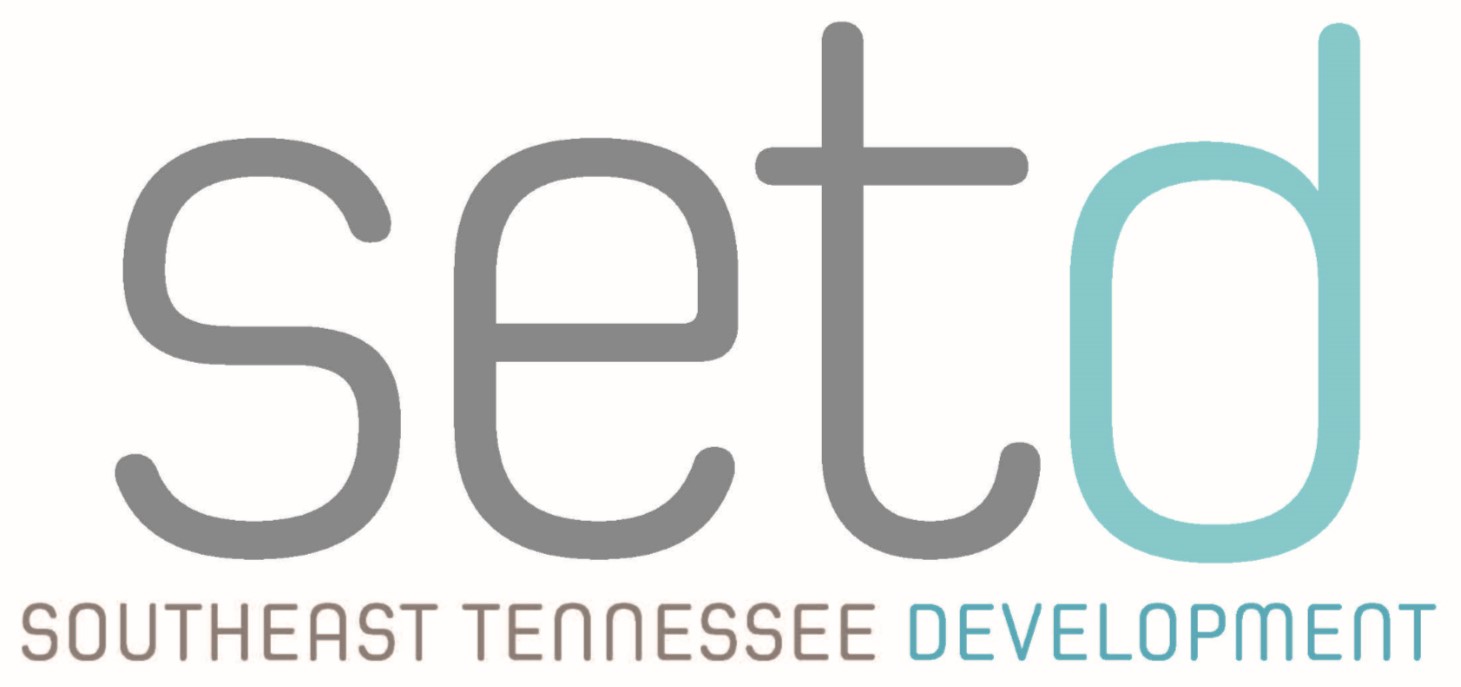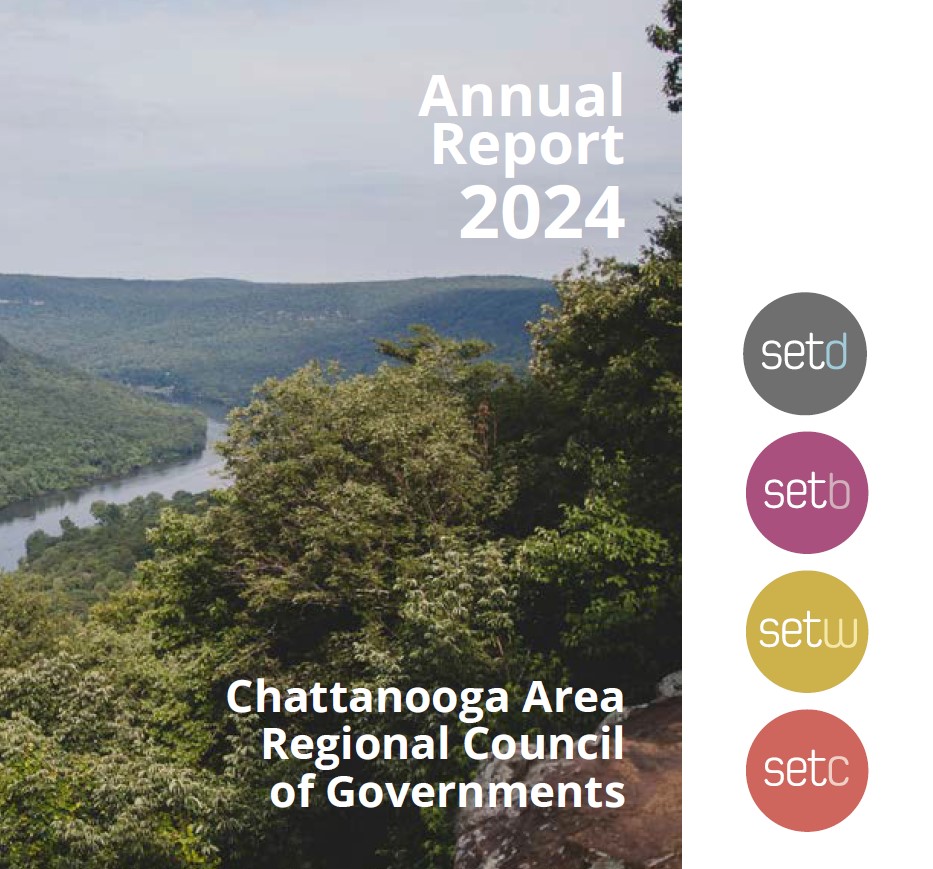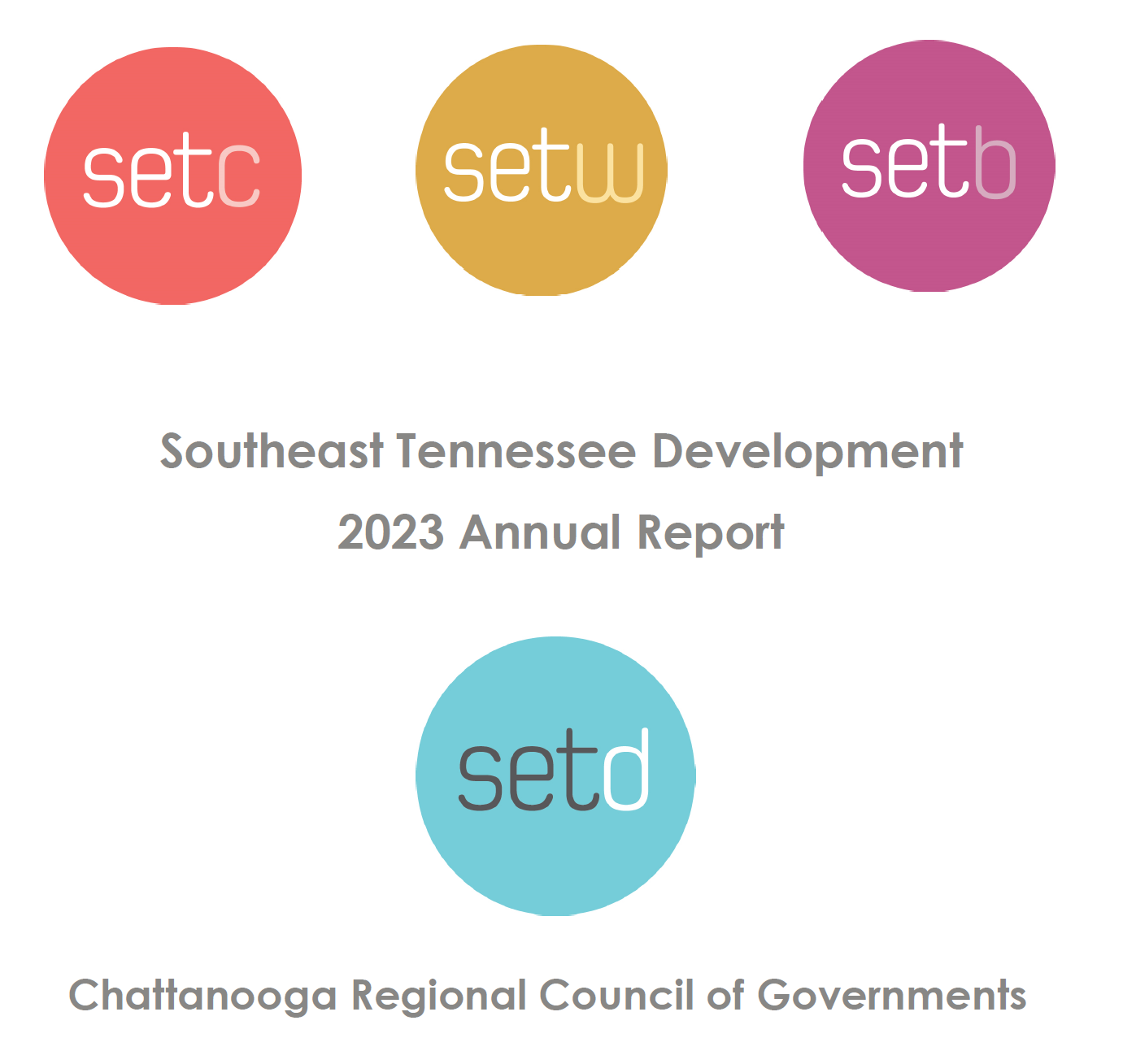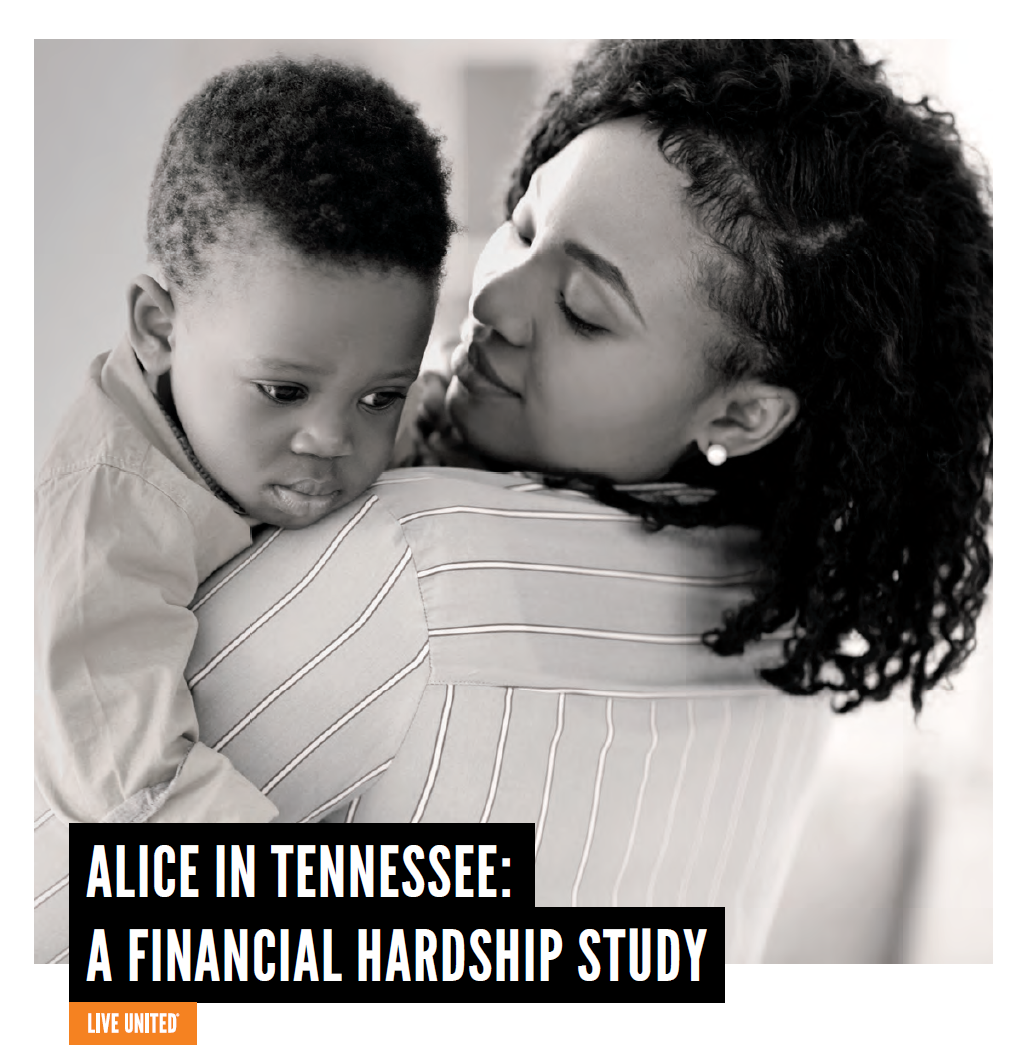The 2024 Annual Report
The 2024 Annual Report highlights significant achievements across the region, showcasing the dedication and hard work of our teams. From transformative community projects to impactful support services, this report captures the essence of our commitment to enhancing the quality of life for all residents. As we reflect on a year of remarkable growth, we celebrate the milestones that have shaped our progress while also looking ahead with a clear focus on the future. Our mission remains steadfast as we navigate advancements in technology, infrastructure, workforce development, and environmental stewardship. This report underscores how we are making a difference and highlights the exciting opportunities that lie ahead for our communities.
The 2023 Annual Report
The 2023 Annual Report highlights regional improvements post-pandemic. Staff are helping communities rebuild and start much-needed infrastructure projects.
They provided local planning assistance to 28 communities and supported older adults with home-delivered meals, transportation, and technology classes. Staff managed 160 projects with $75.6 million in grants, benefiting over 143,500 residents through broadband expansion, water and sewer repairs, and community development programs.
Economic Development saw industry expansions and new business growth, creating over 2,600 jobs and $1.2 billion in new investments. Workforce Development is building recovery-to-work ecosystems for future stability. Tourism is boosting outdoor engagement with a new field guide, boat launches, walking tours, and enhanced social media and marketing efforts.
ALICE in Tennessee:
This research provides a framework, language, and tools to understand the struggles of ALICE (Asset Limited, Income Constrained, Employed) households, which cannot afford basic necessities. Partnering with United Ways, foundations, academic institutions, corporations, and state organizations, this initiative presents data to spark discussions, attract partners, and inform strategies for positive change.
Starting as a pilot in Morris County, New Jersey in 2009, this research expanded statewide in 2012 and now covers 21 states. United Ways in Tennessee join over 648 United Ways nationwide, working to understand and address ALICE's challenges.
United Ways, government agencies, nonprofits, and corporations can evaluate current initiatives and develop innovative approaches to give ALICE a voice and improve life for these households and the wider community.



